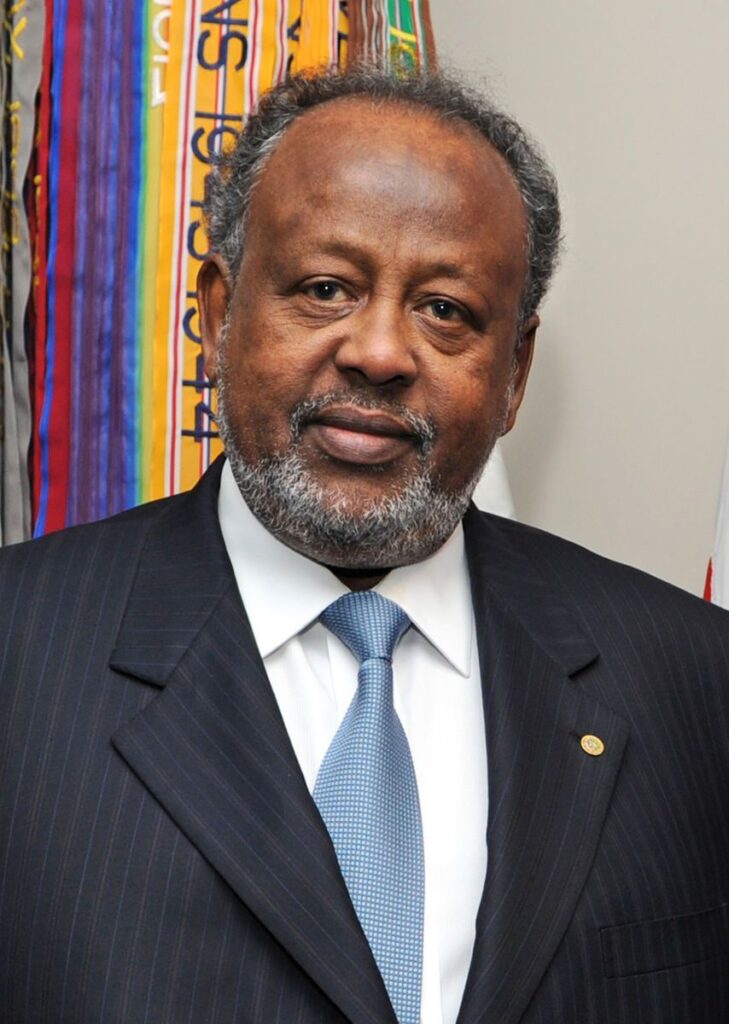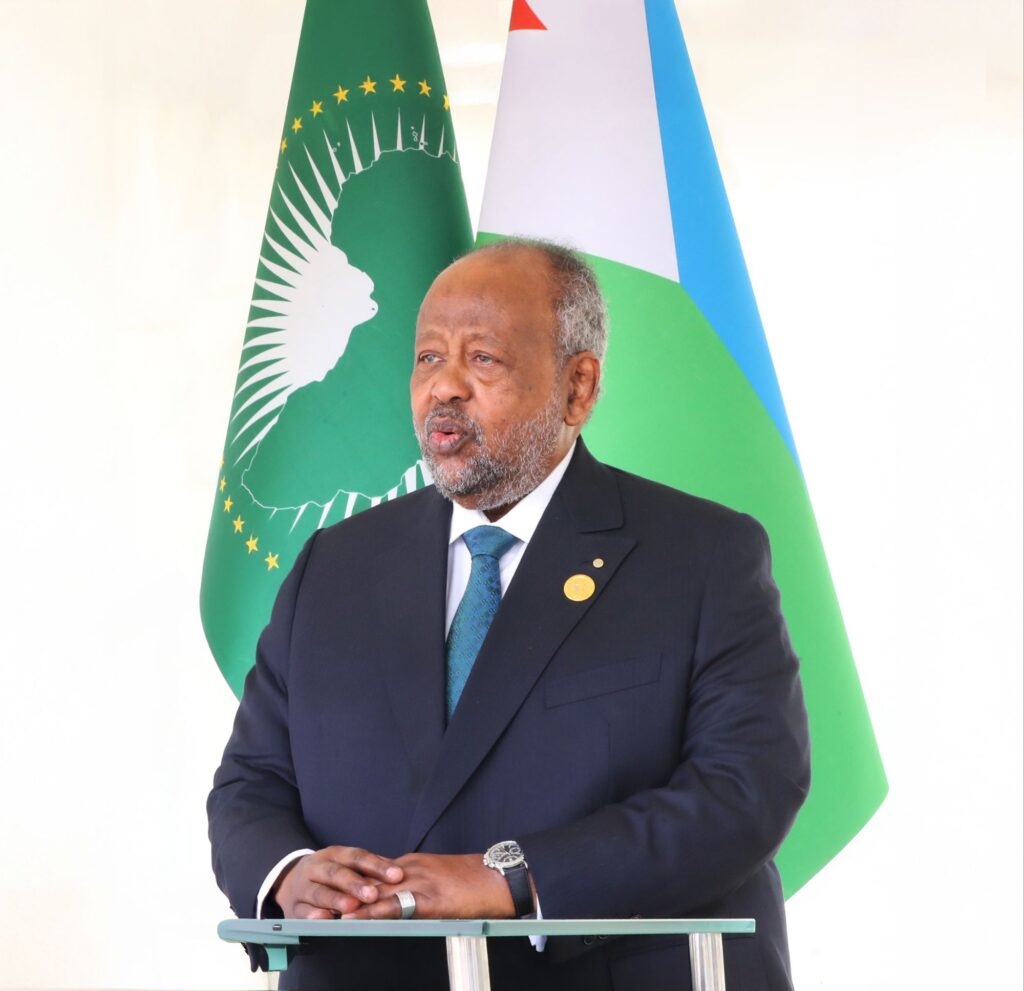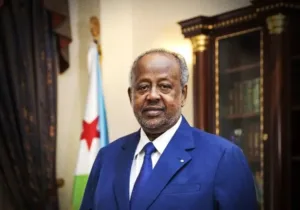Djibouti’s parliament has unanimously voted to abolish the presidential age limit, a move that effectively clears the path for the country’s long-serving leader, Ismail Omar Guelleh, to seek another term in office. The constitutional amendment, passed on Sunday, October 26, 2025, removes the previous age cap of 75 years, marking a pivotal, and controversial, moment in the Horn of Africa nation’s political landscape.
President Guelleh, who is now 77, has ruled Djibouti since 1999, making him one of Africa’s longest-serving leaders. His administration has often been accused of consolidating power through constitutional changes, restrictive political measures, and the suppression of dissent. This latest development fuels speculation that Guelleh intends to contest the 2026 presidential election, despite earlier suggestions that he might retire from active politics.
The amendment, passed by Djibouti’s 65-member National Assembly, was presented as part of a broader constitutional reform package aimed at “enhancing political stability and continuity.” Lawmakers loyal to the ruling party, the People’s Rally for Progress (RPP), championed the motion, arguing that the removal of the age limit would allow experienced leaders to continue contributing to national development without arbitrary restrictions.

Speaking after the vote, Assembly Speaker Mohamed Ali Houmed said the decision reflects “the people’s confidence in President Guelleh’s leadership and vision for Djibouti’s future.” He emphasized that the change was meant to “align the constitution with the realities of modern governance,” where leadership ability, not age, should determine eligibility.
However, opposition groups and international observers see the move as another sign of creeping authoritarianism. The Union for National Salvation (USN), Djibouti’s main opposition coalition, condemned the amendment as “a constitutional coup” designed to extend Guelleh’s rule indefinitely. In a statement, the group accused the government of “undermining democracy and perpetuating a system of political monopoly.”
Human rights organizations have also raised concerns. Amnesty International and Human Rights Watch issued joint statements warning that the constitutional revision could entrench one-man rule and further weaken checks and balances. “This is part of a worrying pattern across Africa where constitutional manipulation is being used to extend presidential terms,” said Deprose Muchena, Amnesty International’s regional director for East and Southern Africa.
Guelleh’s government has long maintained tight control over Djibouti’s political and media space. Opposition rallies are often restricted, and journalists face harassment or imprisonment for critical reporting. In 2021, Guelleh won a fifth term with over 97% of the vote in an election boycotted by most opposition parties. Critics described that vote as neither free nor fair, while the government hailed it as an “expression of popular will.”
Analysts believe that lifting the age limit is part of Guelleh’s broader strategy to cement his political legacy and ensure the continuity of his administration’s economic and security policies. Djibouti’s strategic location along the Red Sea, near one of the world’s busiest shipping lanes, has made it a hub for foreign military bases, including those of the United States, France, China, and Japan.
Guelleh’s administration has leveraged this geopolitical importance to attract investment and foreign aid, transforming the country into a key logistics and military center. Supporters argue that his leadership has brought economic stability and infrastructure development, particularly through partnerships with China, which financed major projects such as the Djibouti International Free Trade Zone and the Addis Ababa-Djibouti railway.

Yet beneath this economic progress lies growing public frustration over high unemployment, corruption, and inequality. Many Djiboutians complain that the benefits of foreign investment have not trickled down to ordinary citizens. The youth unemployment rate remains above 40%, and poverty persists despite the country’s rising GDP.
“Guelleh’s government has done well to position Djibouti strategically on the global map, but internally, governance and political freedoms have deteriorated,” said Dr. Mohamed Warsame, a political analyst based in Nairobi. “The removal of the age limit reinforces a narrative of political stagnation and personal rule.”
International reactions to the development have been cautious but concerned. The African Union has yet to issue an official statement, though several diplomats in Addis Ababa have privately expressed worry that Djibouti is following a growing trend among African nations where constitutional amendments are used to extend presidential tenure.
In recent years, similar actions in countries such as Côte d’Ivoire, Rwanda, and Uganda have sparked political unrest. Observers fear that Djibouti’s decision could embolden other leaders in the region to pursue similar paths, further eroding democratic norms on the continent.
Despite criticism, Guelleh remains deeply entrenched in Djibouti’s political system. His control over the military, the economy, and the ruling party makes any challenge to his authority nearly impossible. Many within the political elite see him as the country’s stabilizing force, particularly given Djibouti’s proximity to conflict zones such as Yemen, Somalia, and Ethiopia.

For now, Guelleh has not publicly declared his intention to run in 2026, but his close allies have hinted at a likely candidacy. “If the people demand continuity, the president will not turn his back on them,” said Foreign Minister Mahmoud Ali Youssouf during a press conference following the parliamentary vote.
Opposition leaders, meanwhile, have vowed to resist the amendment through legal and civil channels, though their ability to mobilize remains limited. With political space shrinking and dissent increasingly punished, few expect significant resistance to Guelleh’s continued rule.
As Djibouti prepares for its next election cycle, the lifting of the presidential age limit marks yet another step toward entrenched authoritarianism cloaked in constitutional reform. Whether the change will bring stability or deepen disillusionment among citizens remains to be seen, but one thing is clear, President Ismail Omar Guelleh’s grip on power shows no signs of loosening.

